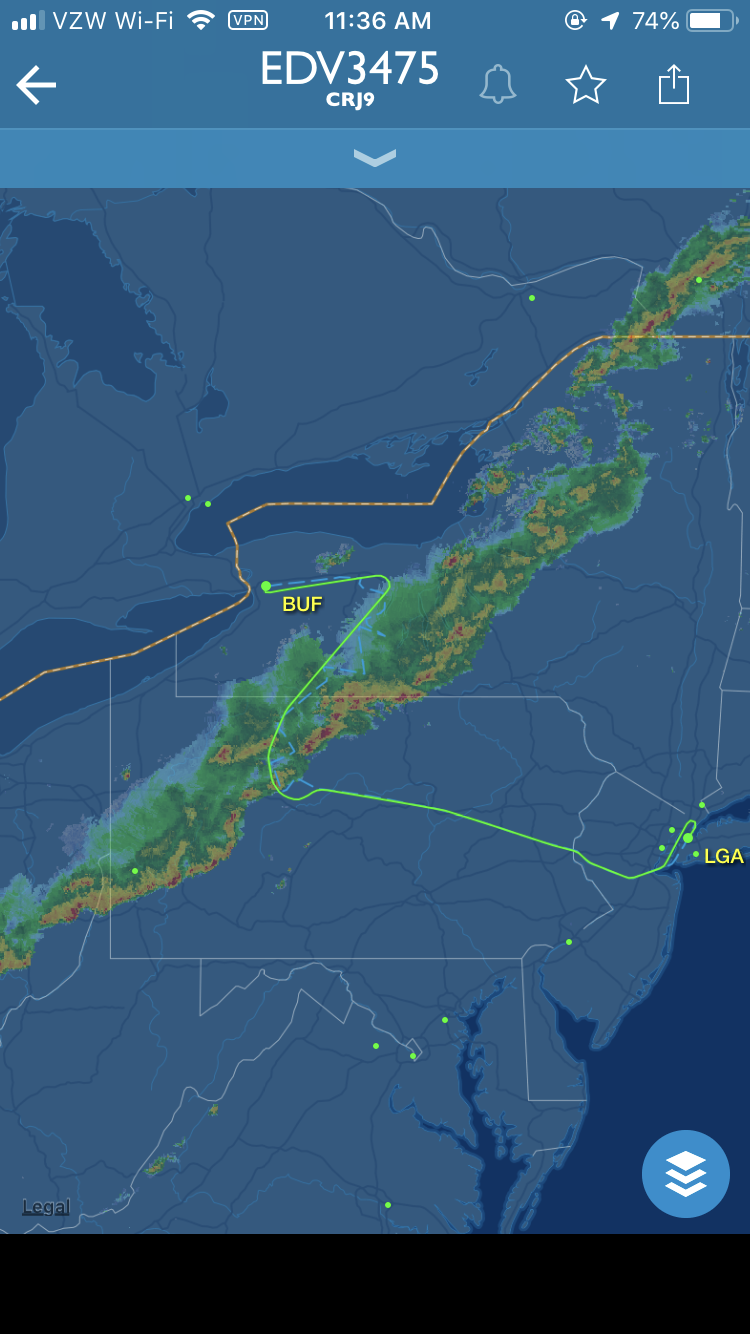What is the potential strikes goals?
The goal of the credible threat of a strike is to encourage management to negotiate so that an agreement can be reached without there being a strike or lock-out.
The RLA requires that both parties maintain status quo during negotiations. The current agreement never expires (as they do in almost any other industry) The negotiations often stretch for years; some nearly a decade. Frontier is still working under a bankruptcy contract in which they gave significant concessions in order for the airline to survive. The airline is now thriving and the rest of the US airline industry has left them behind in pay, benefits, and working conditions. Their starting pay is now lower than at most regional airlines flying airplanes one-third the size. In this type of situation, the status quo provision of the RLA allows management to stall negotiations for years while enjoying the low costs of the outdated contract. The only thing motivating the airline to negotiate is the threat of a strike which can only occur after the NMB declares the mediated negotiations at an impasse, a 30-day cooling-off period expires, and the POTUS declines to enact a presidential emergency board (
as Clinton did to stop the AA pilots strike in the 1997).
The current actions of the Frontier pilot's union are attempting to generate pressure to move the process forward. In situations where management has a clear incentive to avoid a new agreement, the real negotiations (movement on economic issues) don't typically occur until the last days of an NMB cooling off period.
I guess if the pilot wants to make all of his own operational decisions, he needs to be a Part 135 Single Pilot Operator.
Actually, the company-authored, FAA-required, flight operations manual says that it is the PICs job as well. I wish I could post the language from the FOM but we aren't allowed to release company manuals. All airlines have that language in their FOMs. The union ensures that the airline follows it when it is exercised. (
Such as the pilot who was fired for ordering an evacuation of his jet as it was filling with smoke in 2015)
I’ve always felt that if those kind of things were a job retention issue, I’d be better off somewhere else anyway.
You generally can't get to the better-somewhere-elses until you've spent your time at the not-so-much-better places. And the better places got to be better places because of the work of their strong unions that built the protections which give the crews the confidence to do what they believe is right.
I'm at my sixth airline since 1990. I still have an unsigned letter I received from "Flight Control" (the Asst. Chief Pilot wrote it) at my first airline that directed me to contact the Chief Pilot prior to entering a write-ups in the aircraft's maintenance log. A blatant violation of FARs, of course, which is why the computer-printed letter was unsigned and could be disavowed if obtained by the FAA. The issue that generated that letter was a chronically malfunctioning auto-wastegate on a turbocharged C-402 engine. It had been written up multiple times, by several pilots, but the company did not want to replace it. They maintained that you can't expect the wastegate to operate properly on 'older engines'. Interestingly, when the engine was eventually replaced, similar writeups on the wastegate on the new engine were dismissed as 'the engine is still breaking in'.
Pilots who didn't cooperate were fired for "poor customer service". I got out of there as quickly as I could but that still ended up being ten months. That was my only non-union airline.

